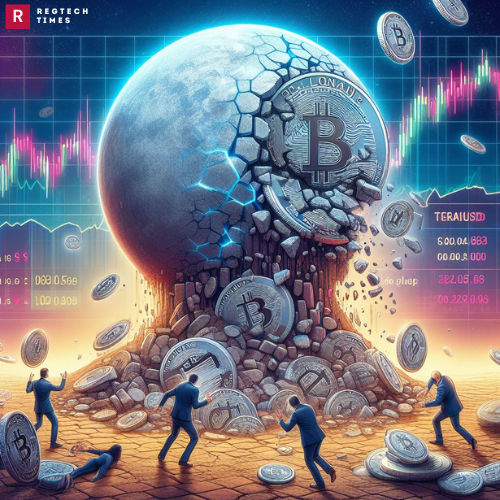With the United States and South Korea deepening their extradition controversy, the legal battle surrounding Do Kwon, Terraform Labs co-founder, has taken a dramatic turn. As both nations want to prosecute Kwon on allegations of enormous bitcoin fraud, the former has emerged as a key player in a high-stakes judicial battle after his arrest in Montenegro in March 2023.
Arrest in Montenegro
In March 2023, Do Kwon was taken into custody by Montenegrin authorities as he tried to flee the nation using fake travel documents. With the immediate filing of extradition demands by the US and South Korea, this arrest signaled the start of a complex legal tussle. After Kwon was found guilty of using forged documents and given a four-month prison sentence, focus turned to the extradition issue.
Legal Maneuvers and Court Appeals
The extradition procedure has not been simple at all. The extradition decision was returned to the High Court for retry on May 24, according to a report by the Montenegrin news site Vijesti. The court of appeals in the nation had heard arguments from Kwon’s legal team. The Court of Appeals stressed that Kwon’s approval to extradition had to be voluntary, fully aware, and irreversible, and that the lower court had to make sure of this.
Kwon’s attorneys are deliberately using this appeal to postpone his transfer to the United States or South Korea. The current litigation shows the difficulties that arise in international extradition cases, especially when several countries are fighting for the custody of a well-known accused person.
Charges in the United States and South Korea
There are strong grounds for both South Korea and the United States to pursue Kwon’s prosecution. He is the subject of an eight-count indictment in the United States, which includes allegations of conspiracy, securities fraud, wire fraud, and commodities fraud. These accusations are a result of Kwon’s involvement in the demise of both Luna, the sibling coin of TerraUSD (UST), which together lost almost $40 billion in investor capital.
Kwon has been accused of engaging in fraudulent activities and breaking capital markets laws in South Korea. Due to the profound effects of the demise of Terraform Labs and the cryptocurrencies it was linked with, the South Korean authorities are now pursuing legal action to compensate its residents for the heavy financial losses they endured.
The Impact of Terraform Labs’ Collapse
A wider sell-off in the cryptocurrency market was sparked by the demise of Luna and TerraUSD, which had far-reaching effects. The abrupt depreciation of assets left investors all over the world stunned, and the phrase “cryptocrash” immediately became viral online. Global investors lost an estimated $42 billion as a result of the collapse, according to blockchain analytics company Elliptic.
Kwon and Terraform Labs were charged by U.S. Securities and Exchange Commission (SEC) chairman Gary Gensler in a statement with making false and misleading claims in an attempt to win over investors. The financial consequences are heightened by the charges, which depict a planned strategy to deceive investors.
Future Proceedings and Legal Implications
A lot of uncertainty surrounds Kwon’s ability to take part in his defense, either in the United States or South Korea, as Montenegro’s courts continue to consider his extradition. In order to get the best result for their client, his legal team is negotiating a challenging global legal landscape. Important precedents for upcoming cases involving international financial crimes and cryptocurrency fraud may be established by the choice of the prosecutorial jurisdiction for Kwon.
The SEC filed a civil lawsuit in April, and a U.S. court determined that Terraform Labs and Kwon were guilty of fraud. At a hearing scheduled for May 29, the case’s remedies will be discussed. Both the extradition decision and the ensuing criminal trials will probably be impacted by the outcome of these proceedings.
The Broader Context of Cryptocurrency Regulation
The Do Kwon case serves as a reminder of the global reach of bitcoin fraud and the importance of strong regulatory regimes. The legal issues that surround digital assets are getting more intricate as their popularity rises. A clear reminder of the possible dangers and the value of accountability and openness in the bitcoin space is provided by the Kwon case.
The global dispute over Do Kwon’s extradition is a reflection of the larger fight to uphold the law and govern the quickly developing realm of digital currencies. The resolution in Kwon’s case may have a long-term impact on future cryptocurrency regulation and the pursuit of justice in financial crime cases as authorities in the United States, South Korea, and other countries struggle with these challenges.



